In September, the Climate Solutions class toured a rooftop farm run by Brooklyn Grange and saw for themselves how it can mitigate the effects of climate change. The farm, which is located on top of Building 3 at the Brooklyn Navy Yard, is 1.5 acres and grows fruits, vegetables, plants and flowers.
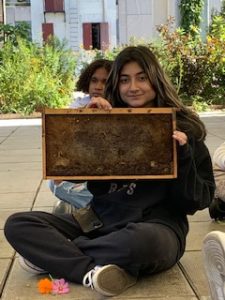
“I saw a lot of vegetables, like a lot of tomatoes that we got to try, a lot of herbs, it tasted really fresh, like how it would be in any other farm,” said freshman Razia Quddus. “I also think it was even more fresh compared to like how it would be on a regular farm that maybe adds different pesticides, so I actually think it was really good.”
Rooftop farms can include agriculture, composting, support for pollination and other things. These farms allow people to buy local produce without supporting the food industry which relies heavily on fossil fuels and produces a lot of food waste.
“It is a climate solution because we can grow our own food locally, then we cut down on fossil fuels to get food from all over the country to us,” said Adam Zaid, Climate Solutions teacher.
Students learned about other benefits from rooftop farms, like cleaning the air, producing less waste and absorbing water when it rains, which reduces flooding.
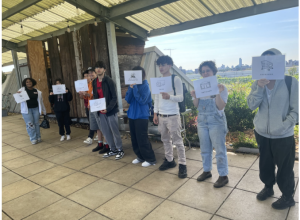
“A little can do more for our environment,” said freshman Marly Regalado. “I believe rooftop farming is how we can better our environment especially since we live in the city and we don’t have many places to have clean air quality.”
Freshman Jeffrey Yusupov, who described the farm as “phenomenal,” agreed. “I learned that rooftop farms are beneficial towards the environment because they bring in healthy air,” he said.
Mal Marsh, a program manager and educator for City Growers who guided the students through the farm, got into the field because of their interest in making food systems more sustainable and better for the world.
“I think it is important to cut down the waste we use and make our food systems more accessible, like fresh food, fresh vegetables,” Marsh said.
“I feel like in a way it encourages people to want to get produce and different stuff [at the farm] instead of going to the grocery store,” said Quddus.
To cut down on waste on the farm, they do composting. Composting “is the natural process of recycling organic matter, such as leaves and food scraps, into a valuable fertilizer that can enrich soil and plants.”
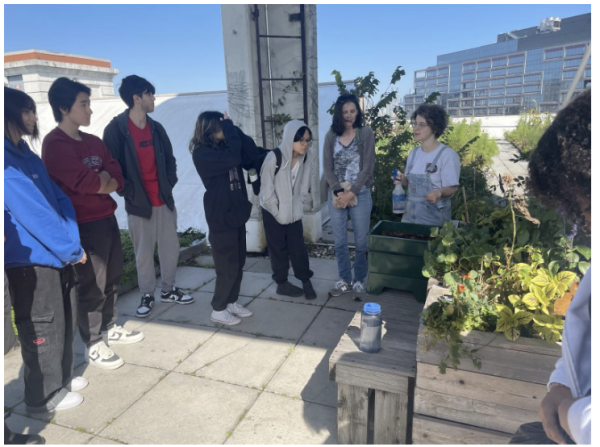
“We saw like a bucket of worms doing that [composting],” said Brendan Rose, a freshman.
Another reason rooftop farms are a climate solution is because they can help prevent flooding in cities. Within urban areas during times of heavy rainfall there are little to no green places that allow water to soak into. Due to a multitude of reasons there is limited space within cities but rooftops farms utilize the forgotten spaces into one that is environmentally beneficial. According to the Brooklyn Grange website, the rooftop farm at the Navy Yard absorbs “more than 175,000 gallons of stormwater in a single rainfall.”
“Rooftop farms are a great climate solution and we got to see a lot in depth how special they are,” said Quddus. “It really changed my point of view of how easy it could be to make a change than to not do anything at all.”



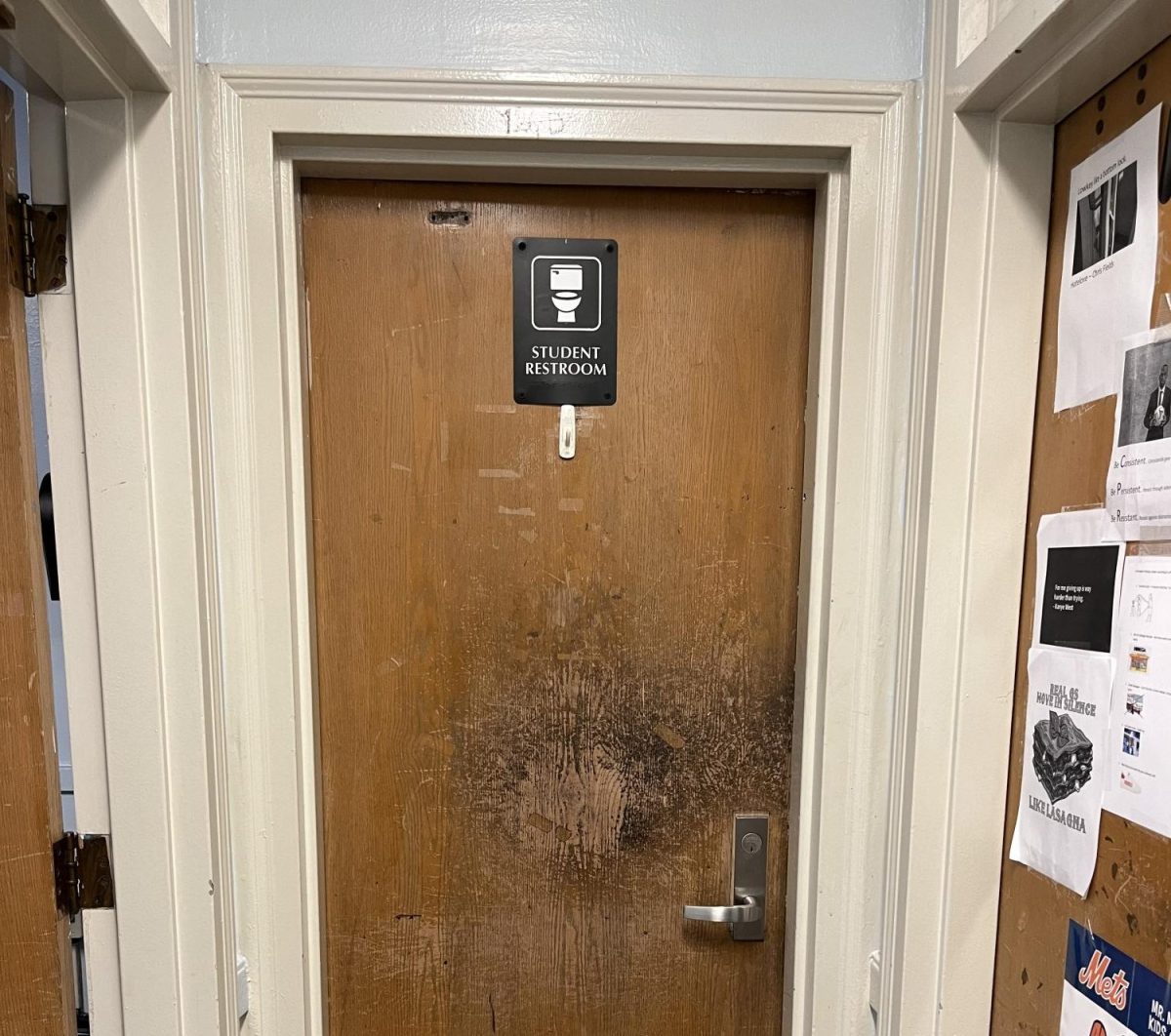
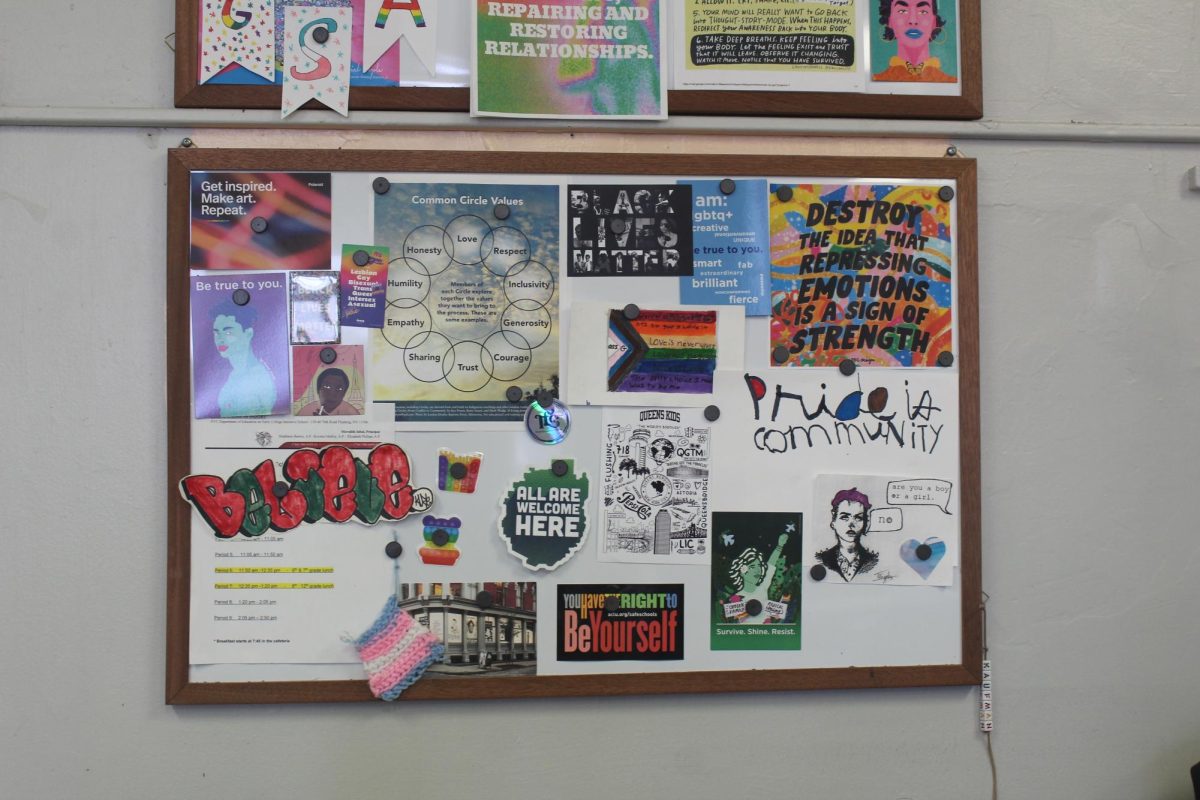
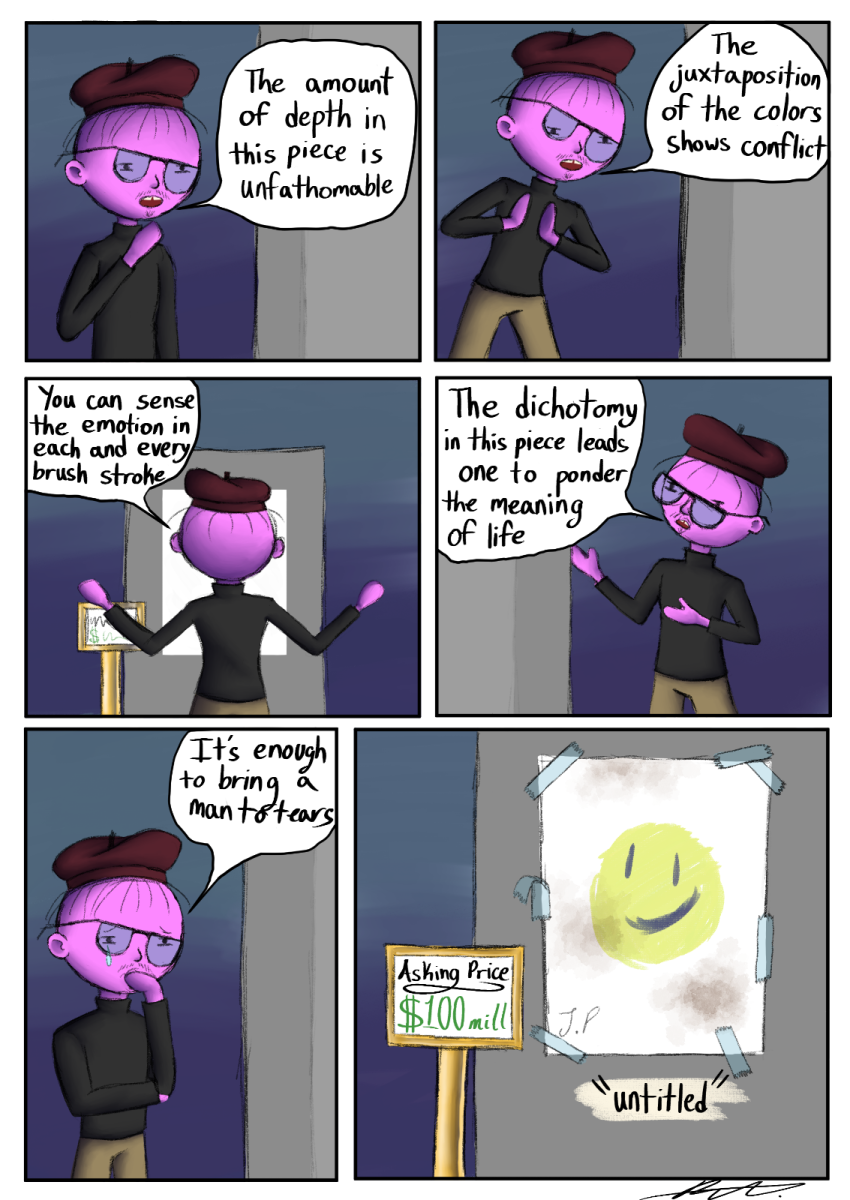
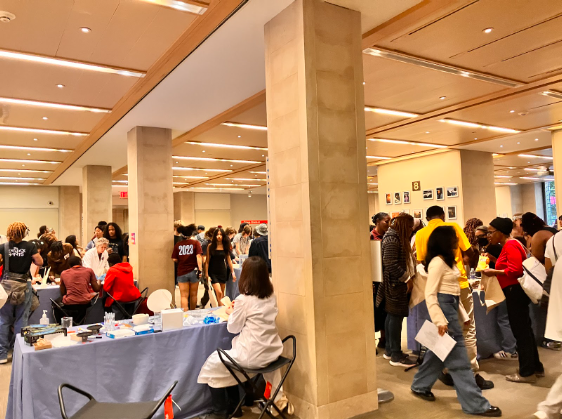


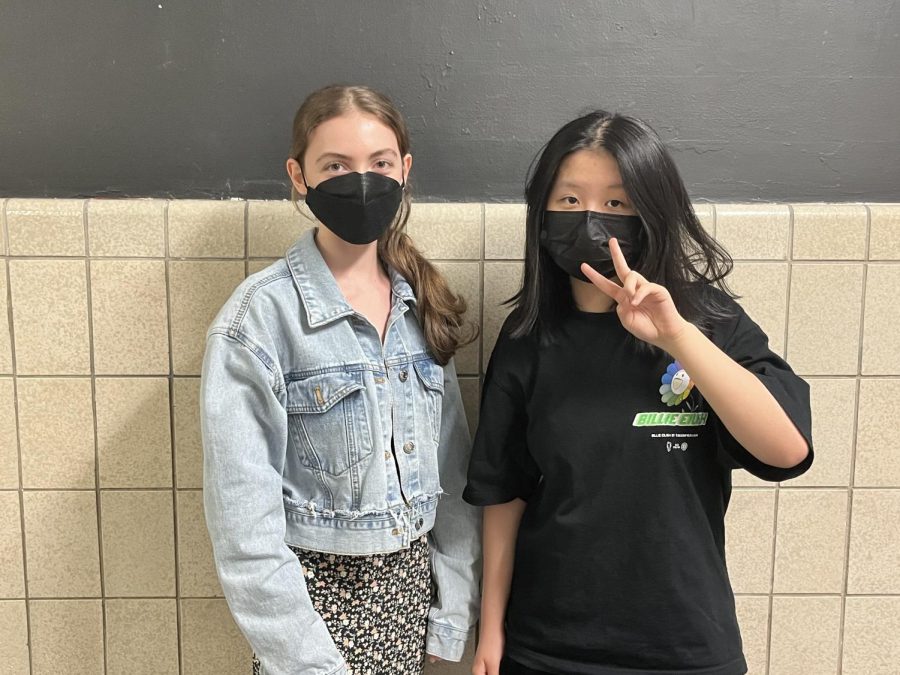
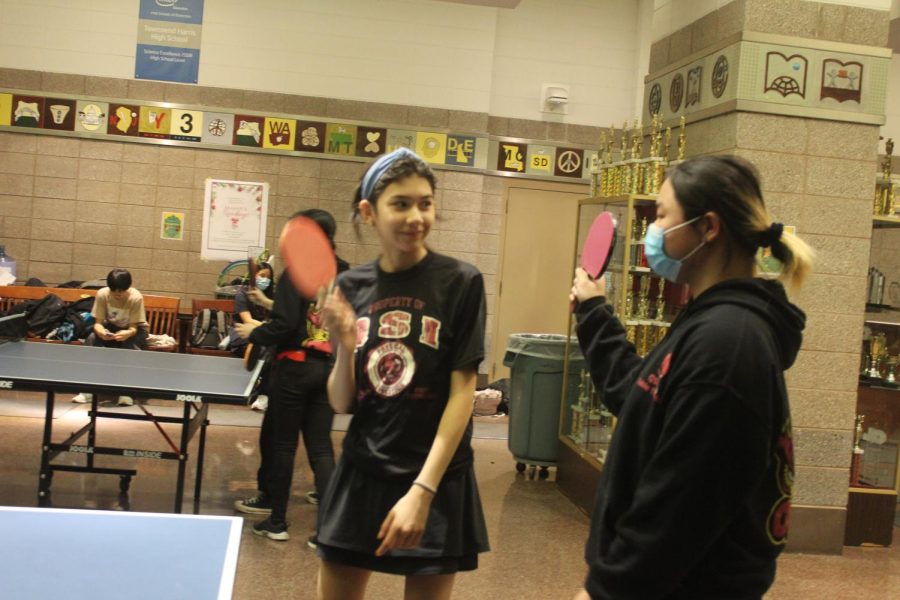
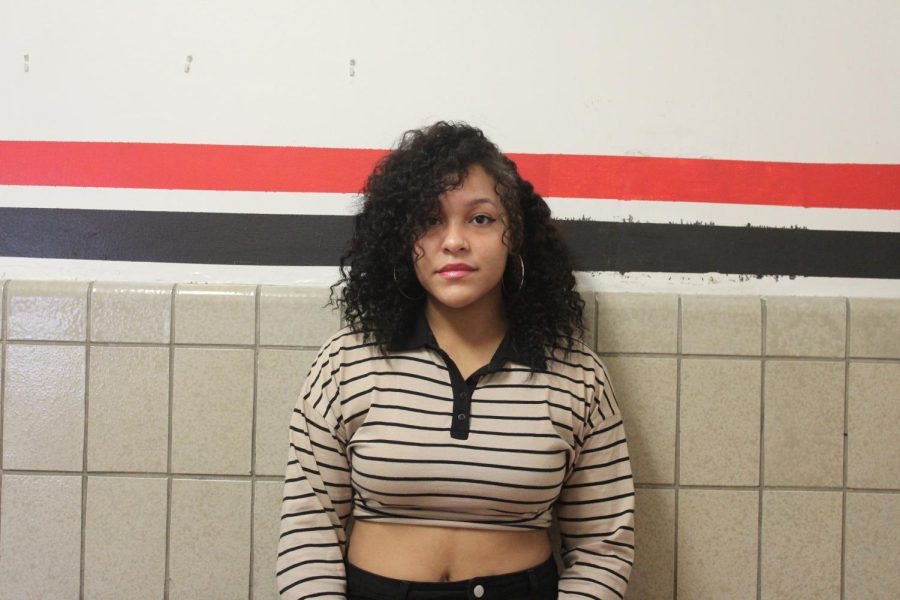

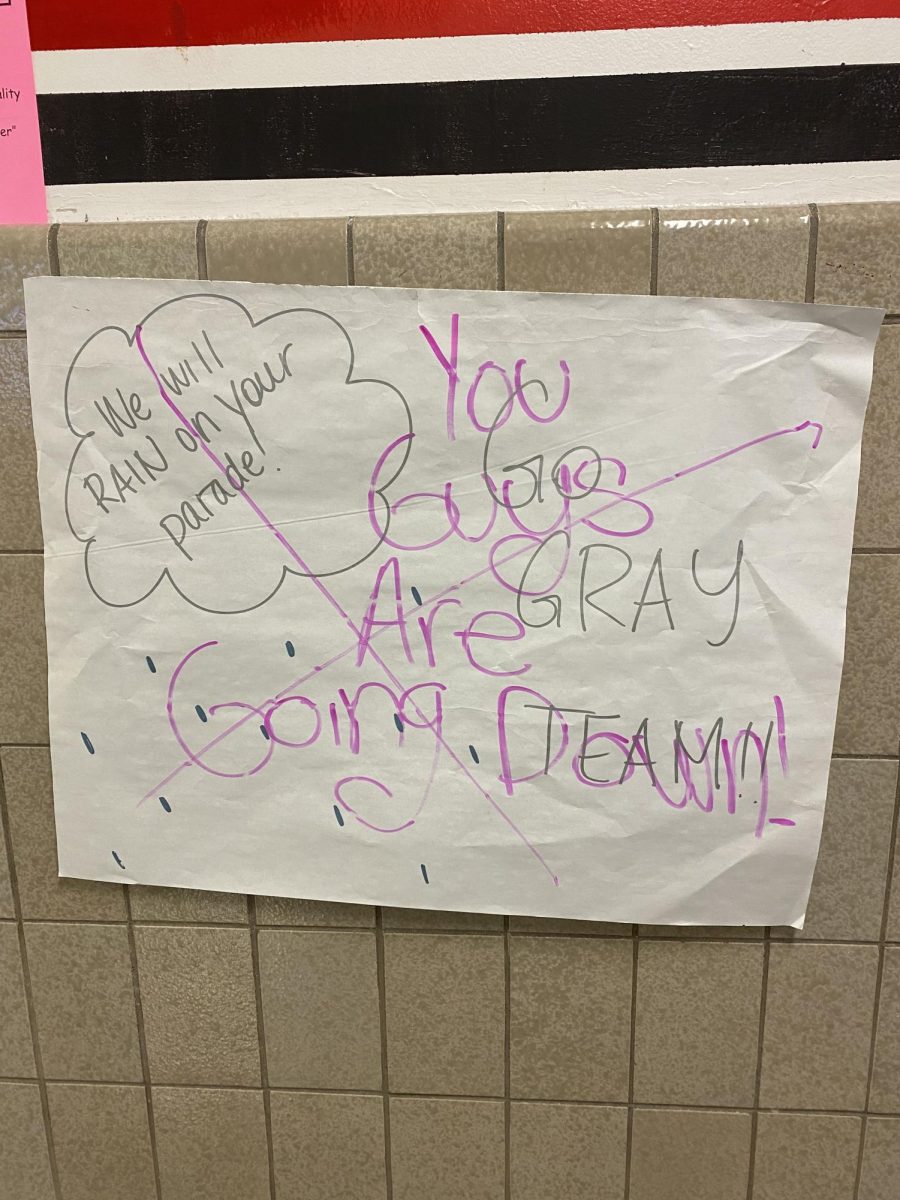

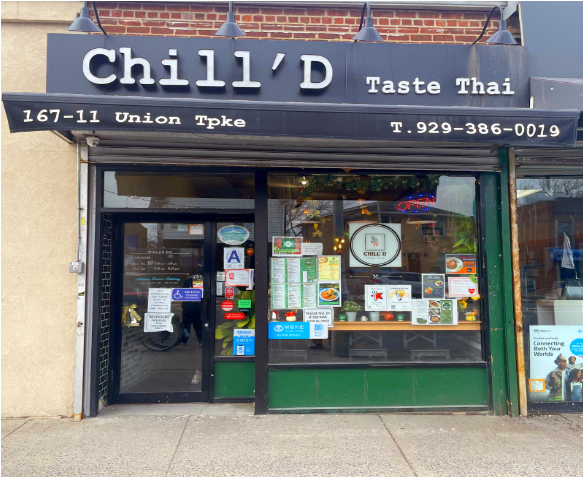

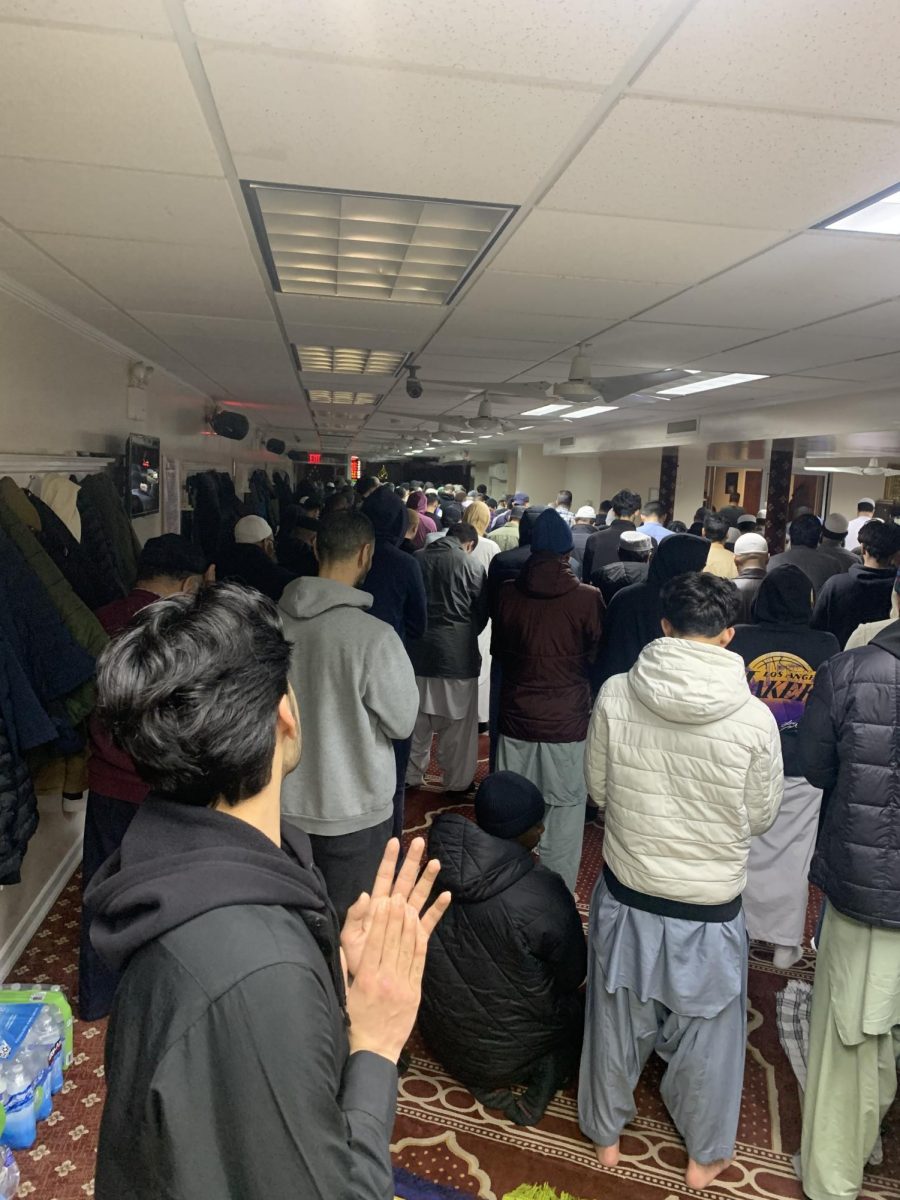


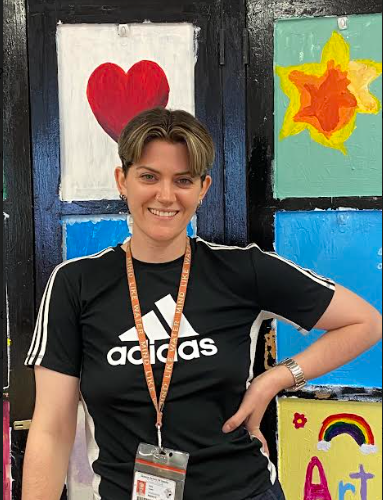

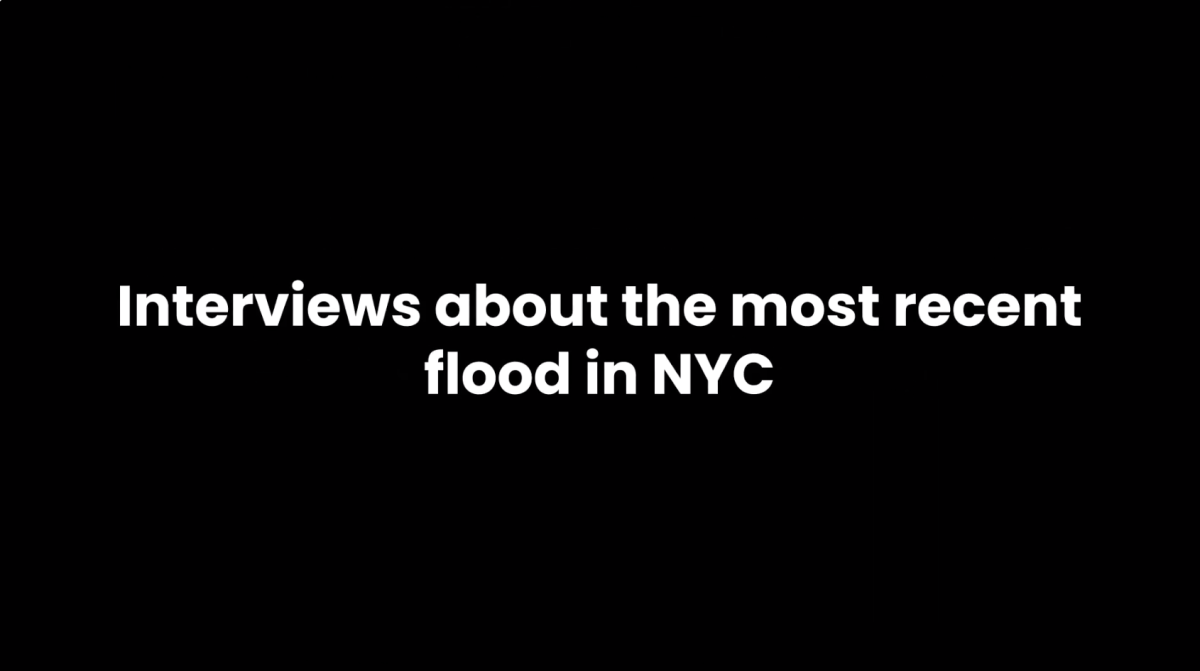




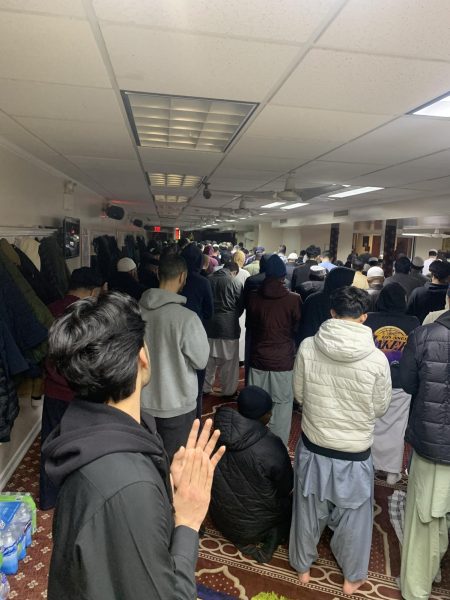
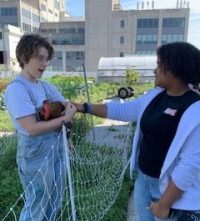

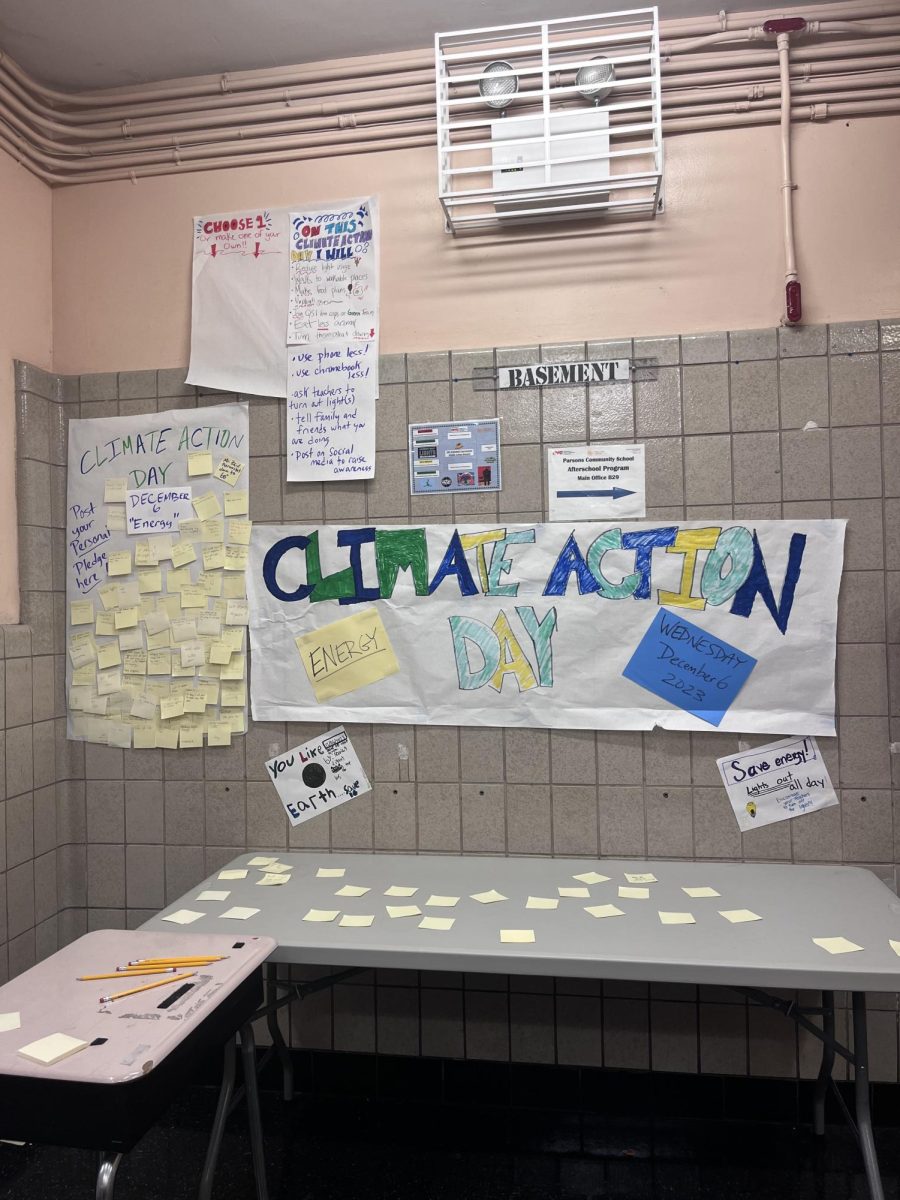

Anthony • Feb 13, 2024 at 7:09 PM
This is a very interesting and fascinating article about farms, problems, and solutions. I would probably try to go visit farms like this because this article showed how interesting a farm like this could be.
Kevin • Jan 12, 2024 at 8:13 AM
Where was this?
Deborah Rebore • Jan 13, 2024 at 12:48 PM
In downtown Brooklyn, not far from Williamsburg. It took us about 45 minutes to get there on the school bus from QSI.
Michael • Dec 24, 2023 at 8:57 PM
Wonderfully said